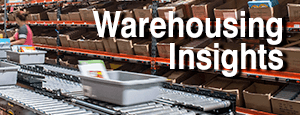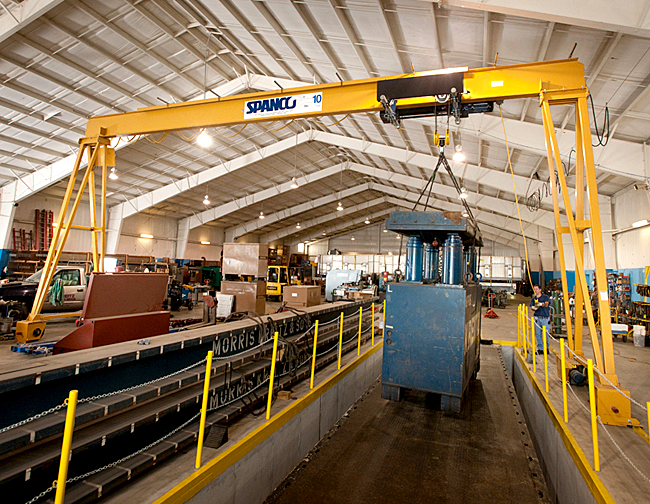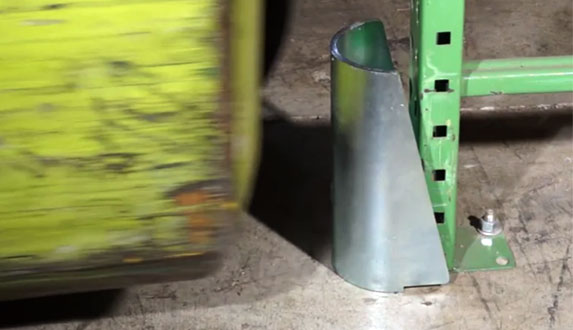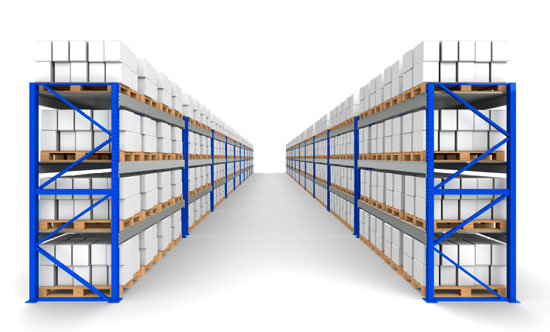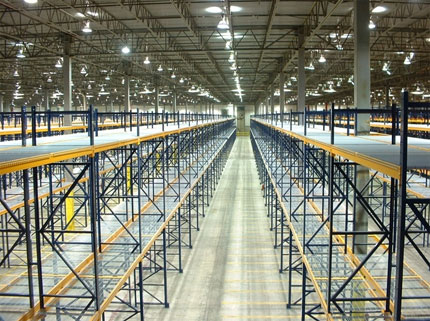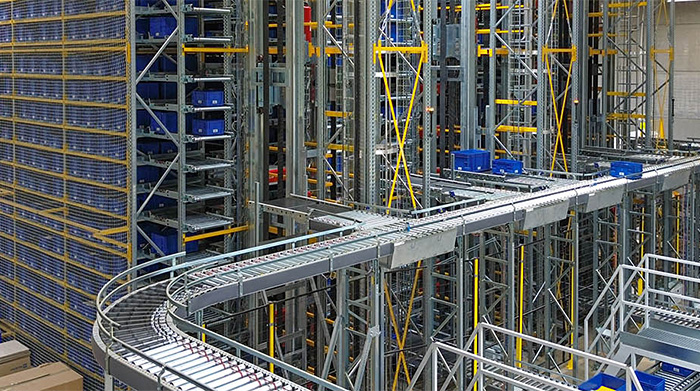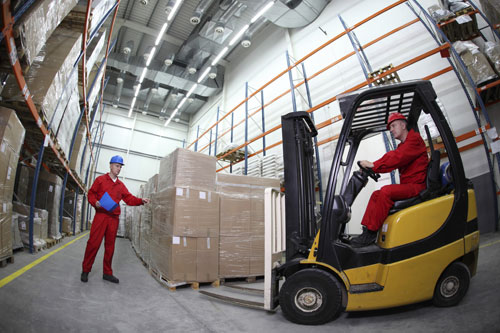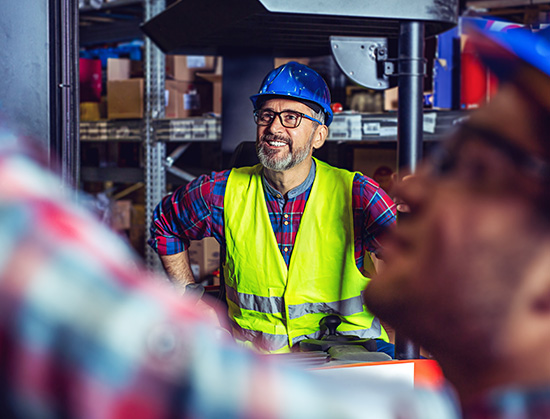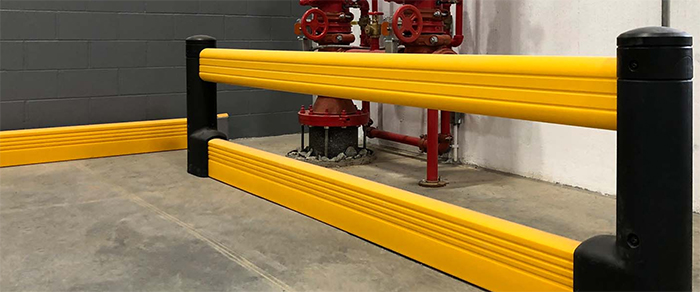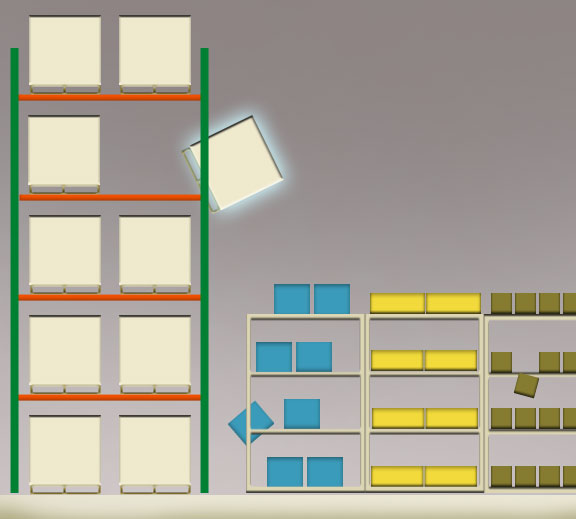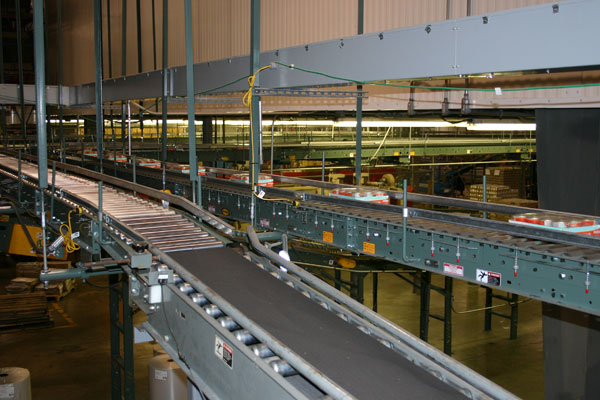
From throughput requirements to building expansions, you want to be ready for your company’s future. Sometimes these changes take place over longer periods of time, and sometimes they’re lightning-fast—your products and throughput can change from season to season based on shifting customer demands, market conditions, explosive growth, and other factors outside your control.
Sometimes conveyors are incorrectly called inflexible since they are often installed on a floor level, but their benefits can ultimately create greater versatility by optimizing an operation and creating more efficient material flow. Let’s look at 3 ways conveyors increase operational flexibility: Read the rest of this entry »



